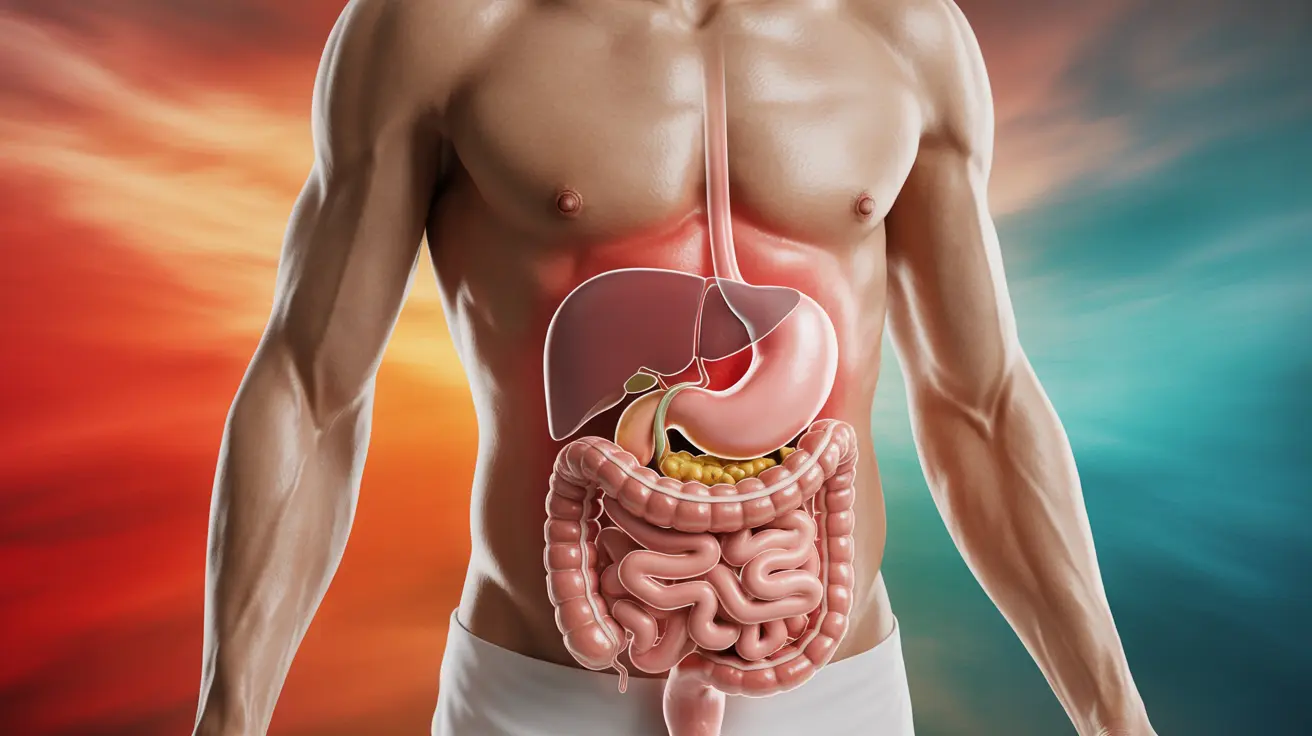A tight sensation in your stomach can be an uncomfortable and concerning experience. This common symptom can range from mild discomfort to significant distress, affecting your daily activities and overall well-being. Understanding the various causes and available solutions can help you manage this condition effectively.
While stomach tightness may occur occasionally in most people, persistent or severe symptoms could indicate underlying health issues that require attention. Let's explore the various causes, symptoms, and treatment options for a tight stomach sensation.
Common Causes of Stomach Tightness
Digestive Issues
Many digestive conditions can lead to stomach tightness, including:
- Bloating and gas
- Indigestion
- Constipation
- Food intolerances
- Acid reflux
Stress and Anxiety
The gut-brain connection plays a significant role in stomach discomfort. Psychological stress can manifest as physical symptoms, including stomach tightness. When you're anxious or stressed, your body releases stress hormones that can affect your digestive system, leading to tension and discomfort in your abdomen.
Post-Meal Stomach Tightness
Experiencing stomach tightness after eating is particularly common and can be attributed to several factors:
- Overeating
- Eating too quickly
- Consuming trigger foods
- Poor food combinations
- Inadequate chewing
Medical Conditions That Cause Stomach Tightness
Several underlying medical conditions can cause persistent stomach tightness:
- Irritable Bowel Syndrome (IBS)
- Inflammatory Bowel Disease (IBD)
- Celiac disease
- Gastroparesis
- Gallbladder issues
Relief and Prevention Strategies
Immediate Relief Methods
When experiencing stomach tightness, try these quick relief techniques:
- Gentle abdominal massage
- Deep breathing exercises
- Peppermint tea
- Light walking
- Heat therapy
Long-term Prevention
To prevent recurring stomach tightness, consider implementing these lifestyle changes:
- Maintain a food diary to identify triggers
- Practice mindful eating
- Stay hydrated
- Incorporate regular exercise
- Manage stress through relaxation techniques
When to Seek Medical Attention
While occasional stomach tightness is normal, certain symptoms warrant professional medical evaluation:
- Severe or persistent pain
- Unexplained weight loss
- Blood in stool
- Frequent vomiting
- Difficulty swallowing
Frequently Asked Questions
Why does my stomach feel tight after eating and how can I relieve it?
Stomach tightness after eating often occurs due to overeating, eating too quickly, or consuming triggering foods. To relieve it, try eating smaller portions, chewing thoroughly, and avoiding known trigger foods. Taking a short walk after meals and staying upright can also help.
What are the common medical conditions that cause a tight stomach sensation?
Common medical conditions include IBS, acid reflux, celiac disease, and inflammatory bowel disease. Some people may also experience stomach tightness due to food allergies or intolerances, gallbladder problems, or gastroparesis.
How can anxiety or stress lead to a feeling of tightness in the stomach?
Anxiety and stress activate the body's "fight or flight" response, which can cause muscle tension and affect digestive function. This can lead to stomach tightness, along with other digestive symptoms like nausea or changes in appetite.
When should I see a doctor if my stomach feels tight and uncomfortable?
Seek medical attention if you experience severe or persistent stomach tightness, especially if accompanied by fever, severe pain, bloody stools, unexplained weight loss, or frequent vomiting. These could indicate a serious underlying condition requiring prompt treatment.
What lifestyle changes can help prevent or reduce stomach tightness and bloating?
Key lifestyle changes include eating smaller, more frequent meals, avoiding trigger foods, staying hydrated, exercising regularly, and managing stress through relaxation techniques. Maintaining good posture and avoiding lying down immediately after meals can also help.
Remember that while stomach tightness is often temporary and manageable through lifestyle changes, persistent or severe symptoms should always be evaluated by a healthcare professional to ensure appropriate treatment and care.




